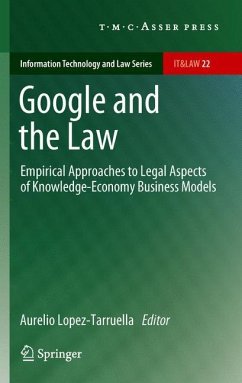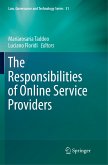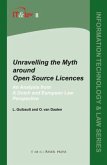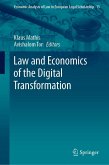Google's has proved to be one of the most successful business models in today's knowledge economy. Its services and applications have become part of our day-to-day life. However, Google has repeatedly been accused of acting outside the law in the development of services such as Adwords, Googlebooks or YouTube. One of the main purposes of this book is to assess whether those accusations are well-founded. But more important than that, this book provides a deeper reflection: are current legal systems adapted to business models such as that of Google or are they conceived for an industrial economy? Do the various lawsuits involving Google show an evolution of the existing legal framework that might favour the flourishing of other knowledge-economy businesses? Or do they simply reflect that Google has gone too far? What lessons can other knowledge-based businesses learn from all the disputes in which Google has been or is involved?This book is valuable reading for legal practitioners and academics in the field of information technologies and intellectual property law, economists interested in knowledge-economy business models and sociologists interested in internet and social networks.Dr. Aurelio Lopez-Tarruella is Senior Lecturer in Private International Law at the University of Alicante, Spain.
Bitte wählen Sie Ihr Anliegen aus.
Rechnungen
Retourenschein anfordern
Bestellstatus
Storno








